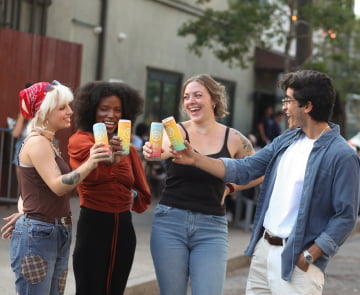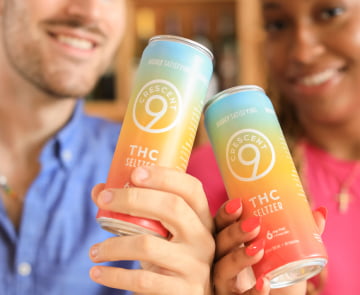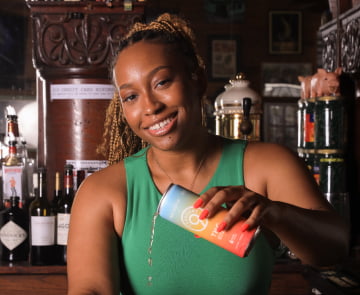Crescent Canna X Jet Life
Fly High with Jet Life THC Soda
AWARD-WINNG PRODUCTS FEATURED IN



3,700+ 5-Star Reviews
Shop Best-Sellers
Browse our most popular THC and CBD products.
THE HIGHEST STANDARDS
Free Shipping Over $99
Responsibly-Sourced U.S. Hemp
100% Satisfaction Guarantee
Lab-Tested for Quality & Purity
Free Shipping Over $99
100% Satisfaction Guarantee
Responsibly-Sourced U.S. Hemp
Lab-Tested for Quality & Purity





Higher Education
Learn the ABCs of THC.




